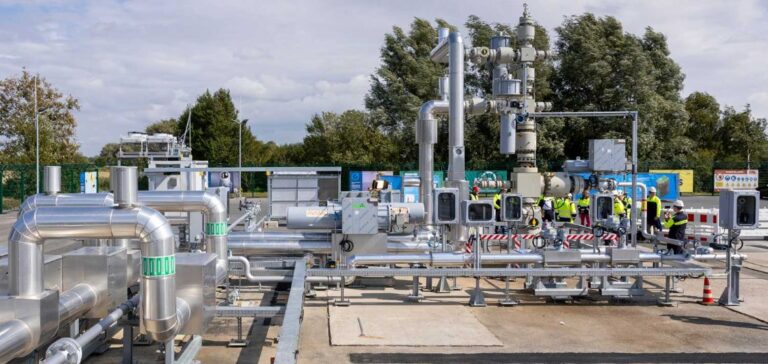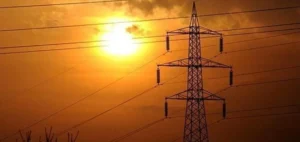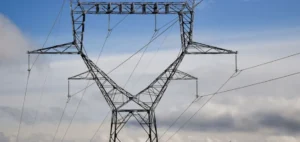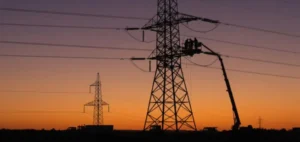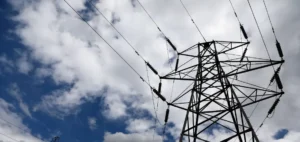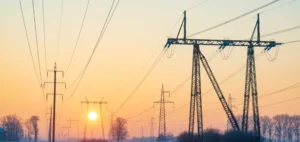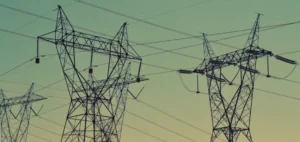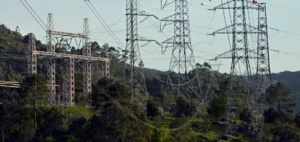The Spanish and Portuguese governments are currently intensifying their efforts with the European Commission to accelerate the implementation of new electrical infrastructure linking the Iberian Peninsula to the continental European grid. This push follows the major electrical outage that simultaneously affected Spain and Portugal at the end of last April. This incident highlighted the structural inadequacies of existing interconnection capacities, currently limited to 2.8 gigawatts (GW), according to Spanish and Portuguese grid operators. Although an official European target aims to increase this capacity to 5 GW by 2028 under the European Projects of Common Interest (PCI), expansion efforts have yet to make significant progress.
Limited technical capacities facing energy challenges
According to information published by Red Eléctrica (Spain) and Redes Energéticas Nacionais (REN, Portugal), the Iberian Peninsula has one of Europe’s lowest rates of electrical interconnection. This situation restricts the effective participation of both countries in the European single electricity market, especially during periods of crisis or high demand peaks. The April outage had significant economic consequences, particularly affecting industry and rail transport. These disruptions have increased the urgency expressed by the Spanish and Portuguese governments for Brussels to provide rapid and enhanced support to expedite existing projects and sustainably secure their electrical supply.
Persistent deadlock over interconnection projects with France
Technical discussions regarding interconnections between the Iberian Peninsula and France have long been accompanied by political tensions. The Spanish and Portuguese governments have regularly voiced concerns over delays attributed to technical or environmental constraints frequently cited by France. Given this situation, the Iberian authorities now call for clearer political engagement from Brussels to facilitate the acceleration of these projects, considered crucial for the full integration of European electricity markets. Enhanced European Union funding could also help overcome current obstacles, according to recent statements from the concerned ministries.
In-depth investigation into technical disruptions of the grid
Meanwhile, several technical organizations are currently continuing their investigations to determine the precise causes of the April 28 outage. The Spanish Association of Electric Power Companies (Asociación de Empresas de Energía Eléctrica, Aelec) recently reported significant voltage fluctuations on the Iberian electrical grid in the days preceding the major incident. These variations reportedly triggered the automatic disconnection of multiple power plants, severely compromising the grid’s overall stability. The European Network of Transmission System Operators for Electricity (Entso-E), responsible for an official inquiry, has not yet published definitive conclusions on these technical disturbances, leaving several critical questions unanswered for industrial stakeholders involved.


